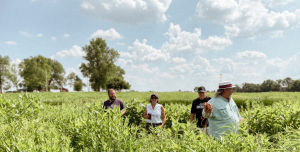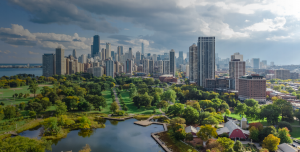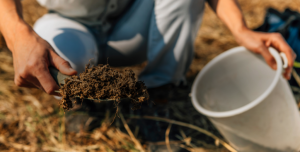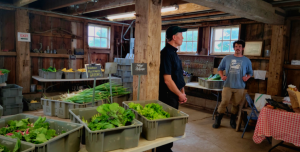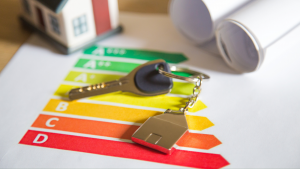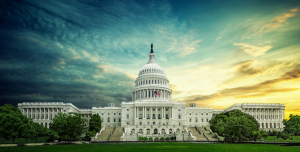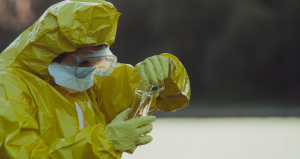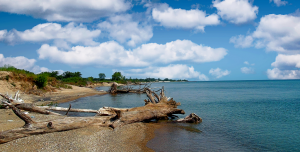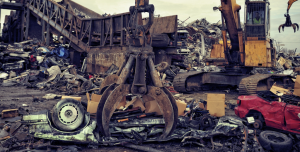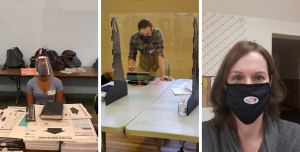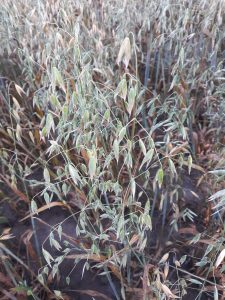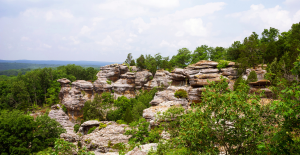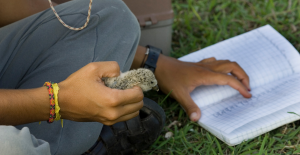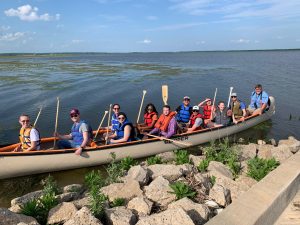It’s probably no surprise to you that here at IEC, we believe government is meant to play a primary role in improving the quality of life for all– our communities, plants, animals and ecosystems. As imperfect as it is at the federal, state and municipal levels, and although governments cannot solve all of our problems, it is where we know we can make the most impactful change. We simply cannot carry out our mission of advancing public policies that create healthy environments in Illinois without fully functional and accessible government. That’s why we fight to make government more accessible, more transparent and to work better for our people and our environment. From environmentally focused town halls, to our popular civics workshops, to our annual scorecard, bridging the divide between Illinoisans and our systems of government is central to our work and our success. Civic participation is an organizational value at


